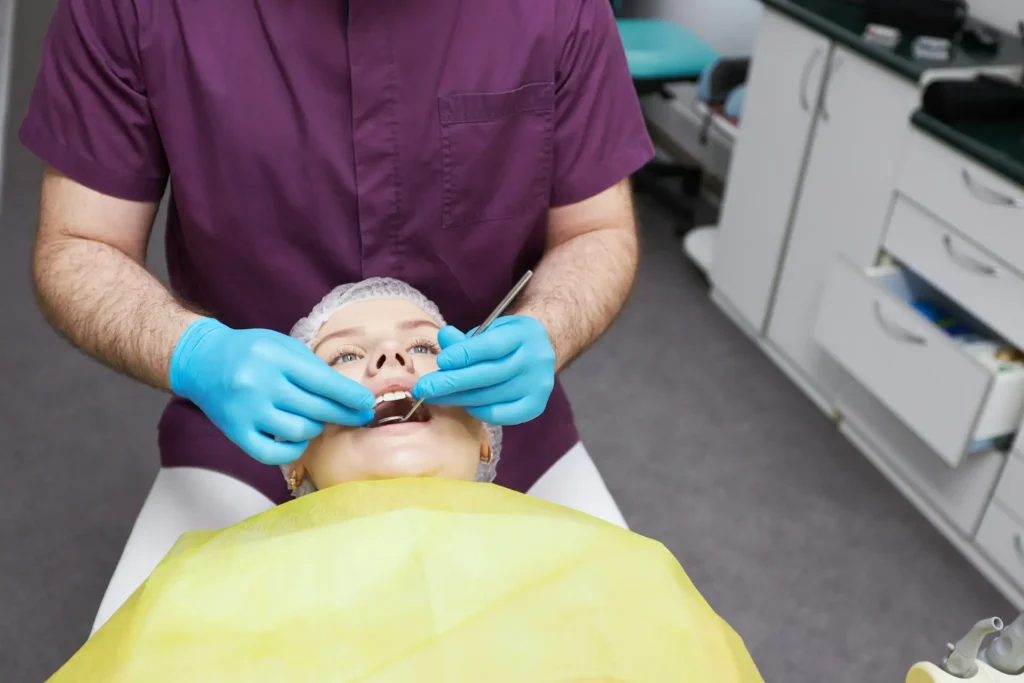Preserving natural teeth is a priority in modern dentistry, and endodontic specialists play a significant role in this process. These professionals focus on diagnosing and treating issues related to the inner structures of teeth, such as the pulp and root canals. Often referred to as root canal specialists, their expertise helps prevent tooth loss and supports overall oral health.
What Does an Endodontic Specialist Do?
An endodontict specialist undergoes advanced training beyond dental school, allowing them to manage complex dental conditions. They specialize in assessing and treating issues affecting the dental pulp and tissues surrounding the tooth roots. One of their primary responsibilities is performing root canal therapy, which involves removing infected or inflamed pulp, cleaning the interior of the tooth, and sealing it to prevent further issues. This procedure effectively addresses infection while preserving the natural tooth.
Apart from root canal procedures, endodontists also address traumatic dental injuries and perform surgeries such as apicoectomies. These surgeries involve removing the tip of a tooth’s root and surrounding tissues to resolve persistent infections or inflammation. Their expertise enables them to handle intricate cases that general dentists may refer for specialized care.
Why Preserve Natural Teeth?
Natural teeth contribute to proper chewing, speaking, and overall oral structure. Losing a tooth can lead to challenges, including shifting of adjacent teeth, bone loss, and difficulty in eating or speaking. An endodontist’s role is crucial in retaining a tooth rather than resorting to extraction. Preserving teeth reduces the need for restorative options, such as implants or bridges, which may require extensive procedures and additional costs. By saving natural teeth, endodontists help maintain oral function and aesthetics while supporting long-term oral health.
The Benefits of Specialized Care
Seeking care from an endodontist offers a targeted approach to dental issues. These specialists use advanced tools and techniques, such as digital imaging and microscopes, to achieve precise diagnoses and effective treatment. Their focused expertise allows them to address concerns at their root, ensuring comprehensive care. Additionally, they are equipped to manage pain and discomfort effectively during procedures, providing a more comfortable experience for patients.
General dentists collaborate with endodontists when cases require additional expertise. This partnership helps make sure that patients receive the most appropriate and effective treatment plan. For patients, being referred to an endodontist signals that their dental health needs specialized attention for the best outcomes.
When Should You See an Endodontist?
Several signs may indicate the need to consult an endodontist. Persistent tooth pain, sensitivity to temperature, or swelling around a tooth are common symptoms that suggest issues with the dental pulp. These symptoms often arise due to deep decay, repeated dental procedures, or traumatic injuries. Ignoring these signs can lead to more severe conditions, including abscesses and the eventual loss of the tooth. Regular dental visits can help detect problems early, allowing for timely referrals to an endodontist when necessary. General dentists play an important role in identifying cases that require specialized care, ensuring that patients are guided to the proper professional for treatment.
Taking the Next Step in Tooth Preservation
Endodontic specialists are vital to preserving natural teeth and addressing complex dental conditions. Their expertise in managing issues related to the dental pulp helps make sure effective treatments maintain oral function and structure. For patients experiencing tooth pain or sensitivity, consulting with an endodontist provides an opportunity to explore treatment options that prioritize tooth preservation.

